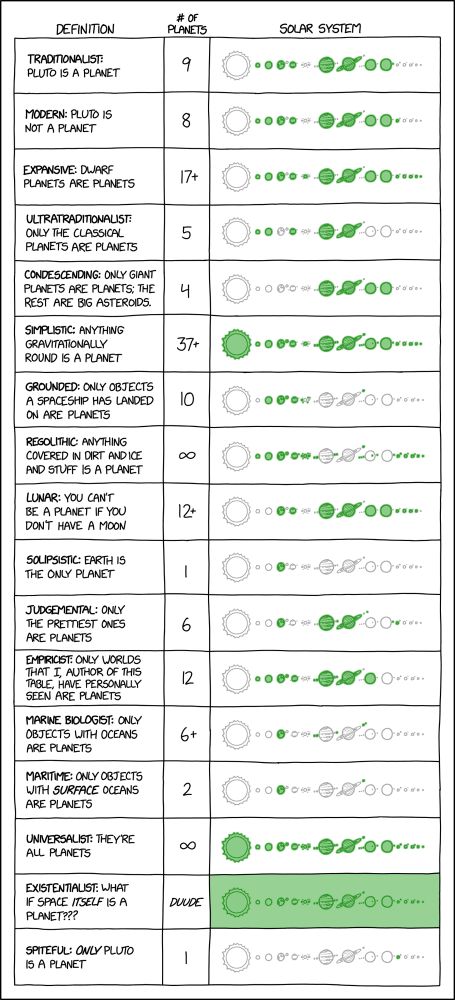
University of Oxford AOPP (DPhil)
https://www.h-nicholls.space
🧵

🧵
Thanks to @stim3on.bsky.social & @simonsat.bsky.social


Thanks to @stim3on.bsky.social & @simonsat.bsky.social

@timlichtenberg.bsky.social

@timlichtenberg.bsky.social
@nichollsh.bsky.social, and me (arxiv.org/abs/2505.11149). The runaway greenhouse limit is non-existent on molten planets (which is how planets form), questioning the general "habitable zone" concept.

@nichollsh.bsky.social, and me (arxiv.org/abs/2505.11149). The runaway greenhouse limit is non-existent on molten planets (which is how planets form), questioning the general "habitable zone" concept.
Images taken on April 20, 2025, from a distance of 1,600 to 1,100 km.
Credit: NASA/Goddard/SwRI/Johns Hopkins APL
science.nasa.gov/image-articl...
#PlanetSci #SciComm 🧪
Images taken on April 20, 2025, from a distance of 1,600 to 1,100 km.
Credit: NASA/Goddard/SwRI/Johns Hopkins APL
science.nasa.gov/image-articl...
#PlanetSci #SciComm 🧪

We model the early time-evolution of two terrestrial-mass planets, and find that their atmospheres are not always convective. However, they can still have permanent magma oceans!
arxiv.org/abs/2412.11987
We model the early time-evolution of two terrestrial-mass planets, and find that their atmospheres are not always convective. However, they can still have permanent magma oceans!
arxiv.org/abs/2412.11987
You can find it on arXiv here:
arxiv.org/abs/2411.19137
You can find it on arXiv here:
arxiv.org/abs/2411.19137



